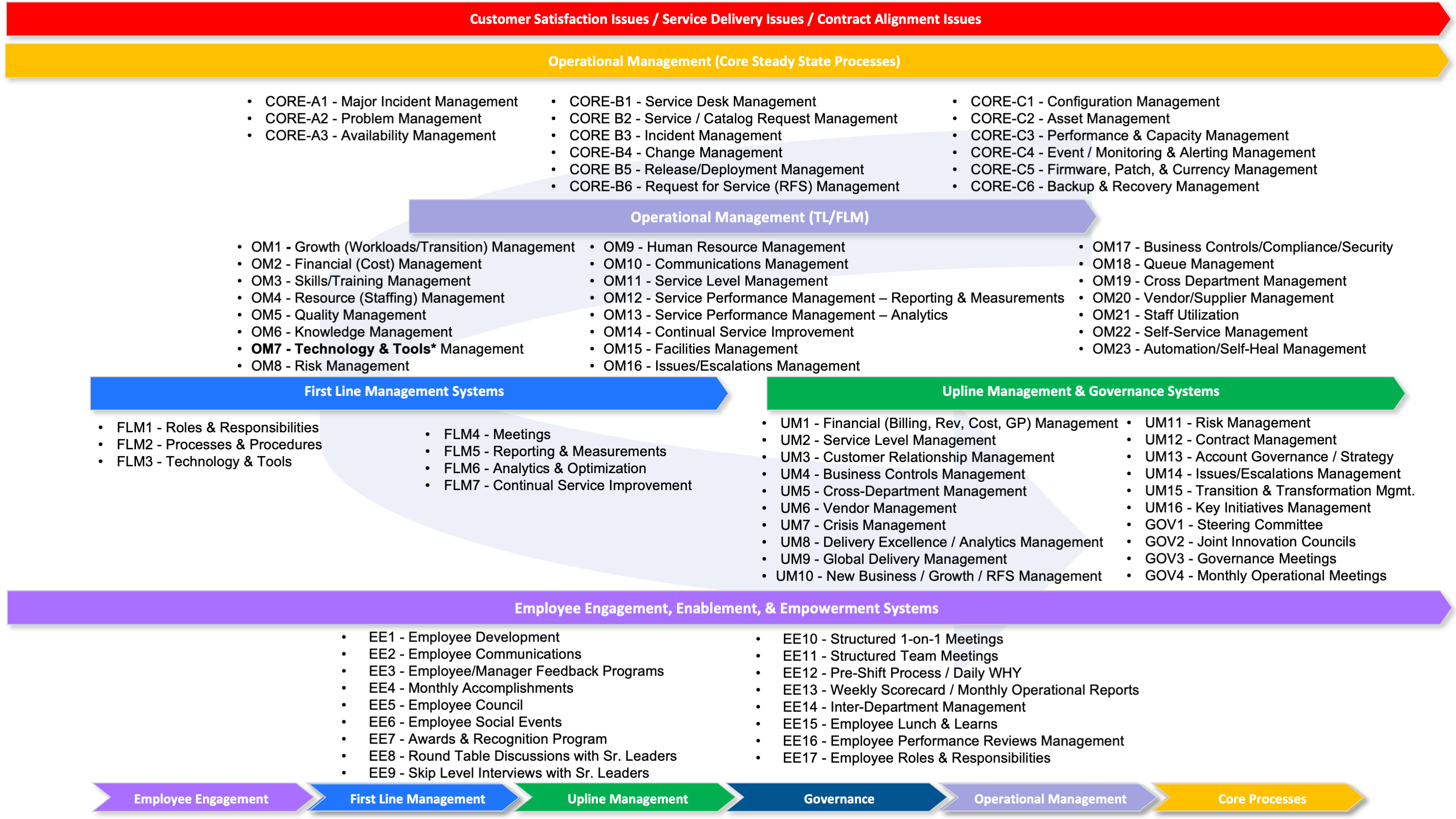Contact Center Rescue Series: What is ACW and why is it important to Contact Centers
Contact centers are facing challenges in effectively tracking and reducing ACW, or After Call Work, which is the time that agents spend completing tasks or performing activities after interacting with customers. This metric is important because it can impact the efficiency and productivity of contact center agents, and ultimately, the quality of support provided to customers.
High ACW can lead to decreased efficiency and productivity, and ultimately, lower customer satisfaction.
By tracking ACW, contact centers can identify areas for improvement in their processes and systems to better support their agents. By reducing ACW, contact centers can improve efficiency, productivity, and customer satisfaction by allowing agents to spend more time interacting with customers and providing high-quality support. Overall, monitoring ACW is an important way for contact centers to improve their efficiency and effectiveness.
What is ACW and why is it important to Contact Centers
ACW, or After Call Work, is the time that contact center agents spend completing tasks or performing activities after they have finished interacting with a customer. It is important to contact centers because it can affect the overall efficiency and productivity of their agents. For example, if agents spend a significant amount of time on ACW tasks, it can reduce the amount of time they have available to handle customer inquiries and may lead to reduced efficiency and productivity. By tracking ACW, contact centers can identify areas where they can improve their processes and systems to better support their agents and ensure that they are able to effectively serve customers. Additionally, reducing ACW can help improve customer satisfaction by allowing agents to spend more time interacting with customers and providing high-quality support.
How can ACW help contact centers improve their processes and systems?
Tracking ACW can help contact centers identify areas where they can improve their processes and systems to better support their agents and ensure that they are able to effectively serve customers. For example, if a contact center notices that their agents are spending a significant amount of time on ACW tasks, they can look for ways to streamline or automate those processes to reduce the time that agents spend on ACW. Additionally, tracking ACW can help contact centers identify potential training or support needs for their agents, which can help improve their performance and efficiency. By using the data collected from ACW tracking, contact centers can make informed decisions about how to optimize their processes and systems to better support their agents and serve their customers.
What are some ways that contact centers can reduce ACW and improve customer satisfaction?
There are several ways that contact centers can reduce ACW and improve customer satisfaction. Some potential strategies include:
- Streamlining or automating ACW tasks: By reducing the amount of time that agents spend on ACW tasks, contact centers can free up more time for agents to focus on servicing customers.
- Providing comprehensive training and support for agents: By ensuring that agents have the skills and knowledge they need to effectively handle customer inquiries and complete ACW tasks, contact centers can improve their efficiency and effectiveness, which can lead to higher customer satisfaction.
- Investing in technology and tools that support agents: Contact centers can improve their performance and efficiency by investing in technology and tools that make it easier for agents to handle customer inquiries and complete ACW tasks.
- Regularly monitoring and analyzing ACW data: By regularly tracking and analyzing ACW data, contact centers can identify areas where they can improve their processes and systems to better support their agents and serve their customers.
Overall, reducing ACW and improving customer satisfaction require a combination of strategic planning, investment in technology and tools, and regular monitoring and analysis to identify and address potential issues.
Why might some agents spend more time in ACW than others?
There are a variety of reasons why some contact center agents may spend more time in ACW than others. Some potential reasons include:
- Differences in experience or training: More experienced or highly trained agents may be able to complete ACW tasks more quickly and efficiently than less experienced or trained agents.
- Differences in workload or call volume: Agents who handle a higher volume of calls or more complex inquiries may require more time for ACW tasks than agents who handle a lower volume of calls or simpler inquiries.
- Differences in personal productivity or efficiency: Individual differences in productivity or efficiency can also affect the amount of time that agents spend on ACW tasks.
Overall, the amount of time that agents spend on ACW can vary for a variety of reasons, and contact centers may need to consider these factors when evaluating and comparing ACW data.
Exercise: What elements of the Operational Management Framework do you think have an impact on ACW?

Subscribe To My Blog To Learn More: https://www.imadlodhi.com/subscribe


